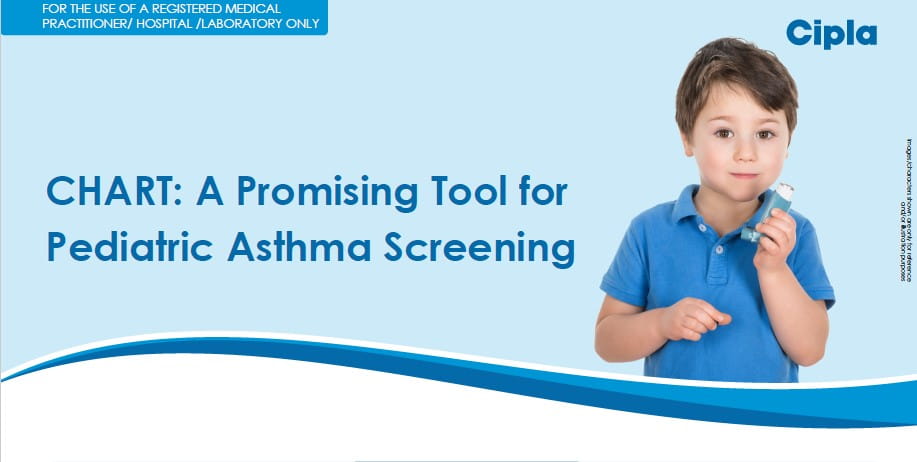Introduction:
The BIOPAL Project was initiated to uncover predictive biomarkers in new-borns for early-onset inflammatory allergic diseases. These include:
- Atopic dermatitis (AD)
- Allergic asthma
- Food allergy (FA)
Currently, there are no reliable prognostic biomarkers for these conditions. This study aimed to identify key metabolites present at birth and assess their correlation with clinical outcomes over a two-year period.
Methods:
- Serum samples were collected from 102 new-borns at 48 hours of life, as part of routine neonatal endocrine metabolic screening.
- Case group: Infants diagnosed with AD, FA, or allergic asthma during the 18-month recruitment period.
- Control group: Infants without any diagnosed allergies.
- Two omic techniques were applied:
- Metabolomics: Analysis of 35 inflammation-related metabolites using LC-QqQ-MS.
- Proteomics: Measurement of 45 immune-related proteins using the OLINK® Target 48 Cytokine panel.
- Only 90 samples underwent both omics analyses.
Results:
Following statistical analysis, several metabolites and proteins showed significant associations with clinical outcomes.
- 30% of infants were classified as cases:
- 57% had food allergy
- 43% had atopic dermatitis
- 28% had bronchiolitis
- All cases exhibited elevated levels of pro-inflammatory compounds linked to lipid metabolism.
- Notably increased lysophosphatidylcholines (LPCs):
- LPC17:1
- LPC18:1
- These bioactive lipids are associated with:
- Inflammation
- Metabolic dysfunction
- Gut microbiota modulation
- Notably increased lysophosphatidylcholines (LPCs):
- Higher levels of chemokines involved in immune cell recruitment and inflammation were found in the case group compared to controls.
Conclusion:
Combining metabolomic and proteomic data with clinical observations offered new insights into the pro-inflammatory state preceding allergic disease. No definitive biomarkers currently exist for predicting or monitoring the course of allergic conditions in early childhood.
The role of gut microbiota in modulating allergic outcomes highlights the need for:
- Integration of microbiota data
- Epidemiological correlations
European Academy of Allergy and Clinical Immunology 2025,13-16 June, Glasgow, United Kingdom.




